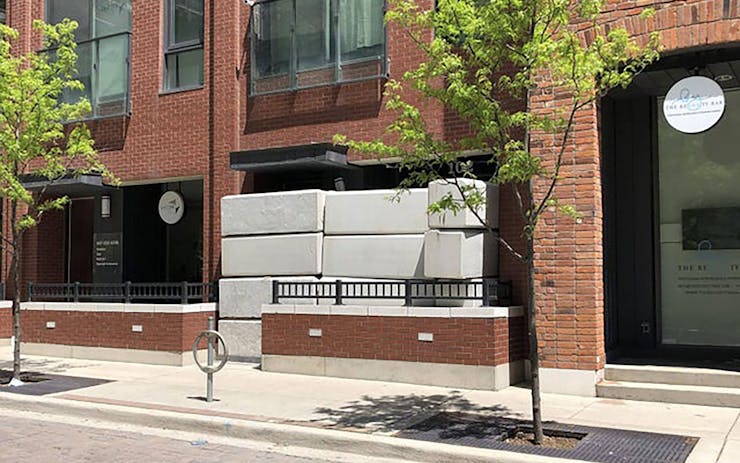Across Ontario, police and municipalities are hard at work raiding and shutting down those illicit dispensaries left over from before legalization. Unauthorized cannabis sellers, however, are not making it easy for them.
Last Tuesday, Hamilton police victoriously announced they had shut down the last of that city’s more than 40 illicit dispensaries.
“It’s a fluid situation,” said Hamilton Police constable Jerome Stewart.
Indeed it was: the next day, Hamilton police arrested two for selling illicit cannabis out of a car in the parking lot of a closed dispensary.
It shouldn’t surprise anyone—dispensary owners continue to do everything they can to avoid being pushed out of business.Join the Leafly Canada CommunityFor months, the City of Toronto as well as its police—pressured by Doug Ford’s chief of staff Dean French, who demanded police begin raiding dispensaries immediately upon legalization—have struggled to shut down the more than 100 unlicensed cannabis sellers across Toronto.
Following the raids, dispensaries tend to do everything possible to immediately reopen, meaning enforcement officers often return to the same illicit seller on repeated occasions.
For that reason, Toronto decided to employ a novel approach: they began positioning massive cement blocks to impede access to some of the city’s remaining dozen or so dispensaries.
Of course, what one group of people with access to heavy machinery can install, another group with similar access can remove.
On Monday, video emerged of a privately hired backhoe removing the blocks from one dispensary located at Dundas West and Ritchie.
Police and municipalities, meanwhile, have done nothing to address the reasons why otherwise law-abiding citizens continue to buy cannabis from said illegal sellers.
Many, many cannabis consumers claim the vast majority of legal flower available is nowhere near the standard and quality of that available on the illicit market.
Shop highly rated dispensaries near you
Showing you dispensaries nearThe cannabis available on the illegal market is also usually significantly cheaper. Meanwhile, medical cannabis users—particularly those without a fixed address, computer, or credit card—lament the shift to an impersonal online system that limits their ability to access medical cannabis.
Depending on how committed police are to closing dispensaries, they might consider trying to actually resolve these issues, rather than resorting to the kinds of short-term stunts that a few people and a backhoe can reverse.
But let’s be realistic: they probably won’t.





